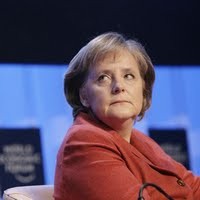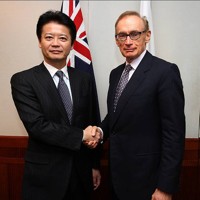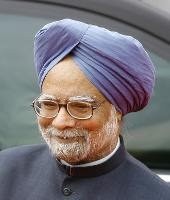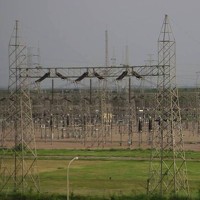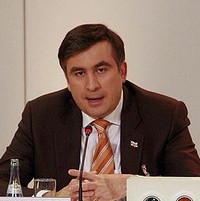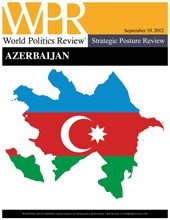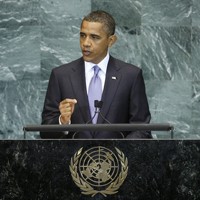
President Barack Obama heads to the U.N. tomorrow to address the new session of the General Assembly. His visit will be brief — he is not even expected to stay for lunch — and his speech is likely to be sharply worded. In what will probably be his last major international engagement before November’s elections, he has a chance to scold Russia for its behavior over Syria, warn Iran over its nuclear program and reassert America’s primacy on the international stage. This won’t be an entirely easy exercise for the president in terms of his domestic audience. Whatever he ends […]

